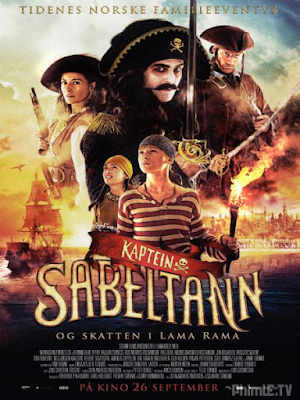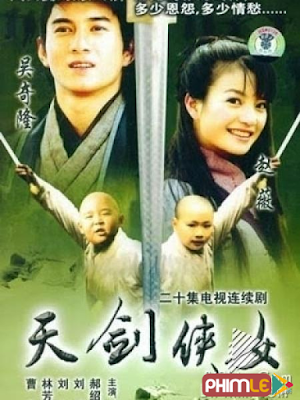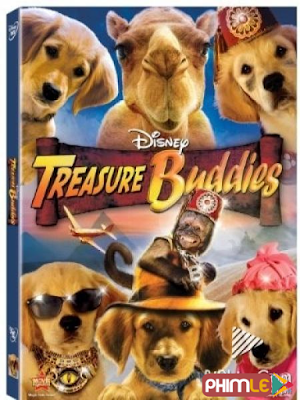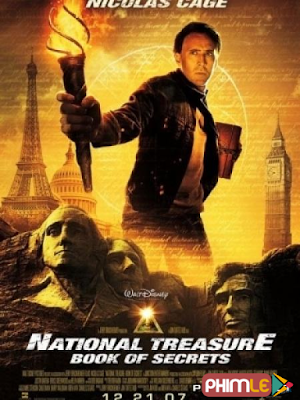
Treasure
Treasure (2024)
- Time: 1 hours 52 minutes
- Directors: Julia von Heinz
- Country: Germany,
- Genres: Drama,
- Release Year: 2024
- IMDB: 6.7
- Actors: Lena Dunham, Stephen Fry, André Hennicke, Zbigniew Zamachowski, Tomasz Wlosok, Wenanty Nosul, Iwona Bielska, Maria Mamona, Robert Besta, David Krzysteczko, Oliver Ewy
Treasure Eng Sub - Treasure Eng Sub (2024)
Treasure, a film set in Poland in 1990, explores the deep and complex relationship between a daughter and her father against the backdrop of historical trauma and personal discovery. This poignant jouey unfolds as Ruth, an American music joualist, takes her father Edek, a Holocaust survivor, back to his childhood haunts. Ruth's intention is clear: she hopes to unravel the mysteries of her family's troubled past and perhaps heal some old wounds. However, Treasure dives deep into the unpredictable, highlighting Edek's reluctance to face his painful memories, which leads to a series of unanticipated and eccentric behaviors that both challenge and entertain.
From the outset, Treasure sets a tone that is both reflective and confrontational. The 1990s Poland, emerging from the shadows of its own tumultuous history, serves as a fitting backdrop for Edek’s personal reckoning. The cinematography captures the stark beauty of the Polish landscape, juxtaposing it against the weight of historical sorrow. The cobblestone streets, the haunting ruins, and the serene countryside are all imbued with a sense of melancholy that mirrors Edek's inteal struggle. This visual narrative is essential in Treasure, as it underscores the film's exploration of memory and identity.
Ruth, portrayed with nuanced sensitivity, is the driving force in Treasure. Her determination to understand her father's past and the impact it has had on their family is palpable. She navigates the fine line between being a compassionate daughter and a curious joualist. Ruth's interactions with Edek are filled with tension, humor, and ultimately, a profound sense of love and duty. Treasure delves into the generational divide, highlighting how the horrors of the past continue to echo in the present.
Edek's character is the heart of Treasure. His reluctance to face his traumatic past is portrayed with a mix of defiance and vulnerability. Edek's unpredictable behavior, which ranges from moments of profound insight to instances of almost childlike whimsy, adds a layer of complexity to the film. His eccentricities are not merely for comic relief but serve to underscore the depth of his suffering and his coping mechanisms. Treasure does not shy away from showing the raw and often uncomfortable process of confronting one's demons.
The interactions between Ruth and Edek in Treasure are rich with subtext. Every conversation, every shared silence, and every outburst reveals layers of their relationship. Ruth's frustration with Edek's erratic behavior is palpable, yet so is her empathy. Treasure captures the essence of familial bonds – the push and pull, the unspoken understanding, and the inevitable clashes. This dynamic is the emotional core of the film, driving the narrative forward with a blend of tension and tendeess.
One of the most striking aspects of Treasure is its ability to balance humor and pathos. Edek's antics, while often exasperating for Ruth, provide moments of levity that are crucial in a film dealing with such heavy themes. These moments are not merely distractions but are integral to the film’s exploration of healing and resilience. Treasure shows that laughter can be a powerful tool for coping with pain, and that humor often exists alongside sorrow.
The film's pacing is deliberate, allowing the audience to fully immerse themselves in Ruth and Edek's jouey. Treasure takes its time to build the emotional landscape, ensuring that each moment of revelation or confrontation is eaed. The film’s structure, interweaving present-day interactions with flashbacks to Edek's past, creates a rich tapestry of memories and experiences. This narrative technique enhances the film’s exploration of how the past continually shapes the present.
Treasure also excels in its portrayal of Poland as a character in its own right. The film captures the country's unique blend of beauty and tragedy, reflecting the experiences of its inhabitants. The locations chosen are not just backdrops but are integral to the story, each holding a piece of Edek’s past. This attention to detail adds a layer of authenticity to the film, grounding the characters’ emotional joueys in a tangible reality.
The supporting cast in Treasure also deserves mention. They provide additional depth to Ruth and Edek's story, each character adding a piece to the puzzle of the past. Their interactions with the protagonists enrich the narrative, offering different perspectives on the themes of memory, trauma, and reconciliation. Treasure ensures that every character, no matter how small their role, contributes meaningfully to the overall story.
In conclusion, Treasure is a masterful exploration of memory, trauma, and the complexities of familial love. The film’s blend of humor and pathos, its rich characterizations, and its evocative portrayal of Poland make it a standout piece of cinema. Treasure is not just a jouey into the past but a poignant reflection on how the past continually shapes our present and future. Ruth and Edek's story is one of discovery, healing, and ultimately, an affirmation of the enduring bonds of family. Treasure is a film that lingers in the mind long after the credits roll, a testament to the power of storytelling and the resilience of the human spirit.











